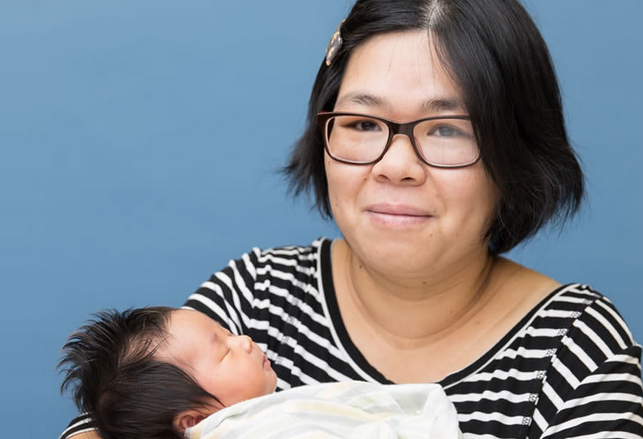
EHF has announced a groundbreaking $3.4 million investment in programs that are focused on healthy infant brain development and giving Texas children the best chance at a healthy life.
EHF’s investment includes grants to 12 innovative organizations across the state that are implementing proven practices for early childhood brain development during pregnancy and the first three years of a child’s life.
“We’re working to improve health, not just healthcare by supporting programs that teach parents how to build their babies’ brains for a lifetime of better health,” said Elena Marks, EHF’s president and CEO. “It doesn’t get any more upstream or preventive than that.”
EHF’s effort is based on knowledge that a child’s first three years offer a once-in-a-lifetime chance to build a healthy brain, develop a curious and creative mind, and lay a strong foundation for a healthy life. The projects supported by EHF’s latest investment provide tools and trustworthy information that are based on solid science. They include home-visiting programs, clinic-based models, community groups, parent education and more. The organizations are located across the state, including Austin, Houston, Lufkin and Palacios.
“We now know that interaction with other humans is essential to early brain construction,” said EHF program officer Katy Butterwick. “A baby or toddler in a strong relationship with at least one caring adult will develop language, cognitive skills, and the resilience that allows him/her to face and overcome adversity. That includes a decreasing chance of developing serious illnesses such as cardiovascular disease, diabetes, and depression later in life.”
EHF’s early childhood brain development grants were awarded to:
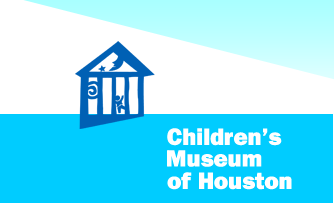 Houston
Houston
Children’s Museum of Houston
$513,730
Children’s Museum of Houston will use EHF’s grant to develop, implement and evaluate its Welcome Baby kits and Houston Basics Workshops that teach families that having positive, back-and-forth interactions with their babies is one of the most fundamental ways to create healthy brain development. The three-year pilot program will serve 8,000 families living in Houston’s Near Northside, Gulfton and Third Ward neighborhoods. Children’s Museum of Houston will work with libraries, community clinics, churches, apartment complexes and other groups to reach parents.
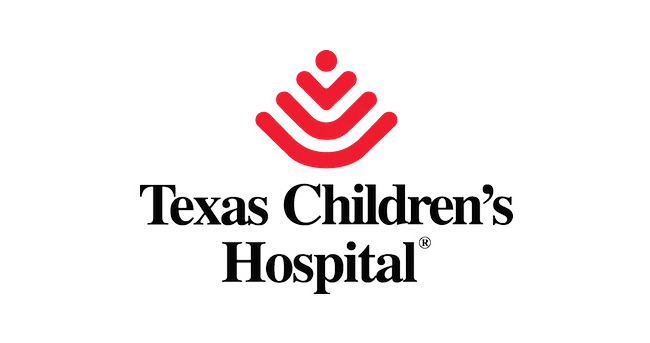 Houston
Houston
Texas Children’s Hospital
$667,600
Texas Children’s Hospital received two grants. First, EHF’s investment will help double the number of Greater Houston families served by Texas Children’s upWORDS program. This personalized program monitors the number of back-and-forth interactions between a baby and adults, and teaches families how those interactions are critical to a child’s optimal brain development. The 15-week program also includes community-based parent group sessions that focus on issues like positive parenting techniques, appropriate play and maternal depression.
EHF’s second grant will be used to develop an expanded clinic model with the 53-member Texas Children’s Pediatrics network. The new program aims to expand the role of pediatric clinics from providing traditional medical care to being change agents that focus on early brain development through programming, home visitation and parent education. The goal is to develop a model that can be shared with community clinics beyond the Texas Children’s network and then duplicated across the state.
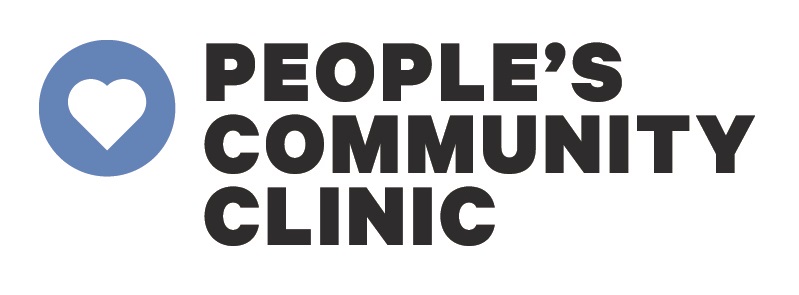 Austin
Austin
People’s Community Clinic
$626,466
People’s Community Clinic will use EHF’s grant to expand its work to re-imagine the way the clinic cares for infants, toddlers and their parents. Instead of concentrating only on immunizations, sleep safety and developmental screenings during a child’s first three years, this expanded model will focus on supporting family interactions that are critical to brain building. The clinic will also become one of the first in the country to pilot a new video-based program that coaches parents on having positive, back-and-forth interactions with their babies. In addition, People’s Community Clinic is one of seven pediatric practices across the country working with the Harvard Center for the Developing Child that is piloting potentially transformational approaches to pediatric care.
 Family Connects at United Way for Greater Austin
Family Connects at United Way for Greater Austin
$300,000
EHF’s investment will help launch Family Connects, an evidence-based, home-visiting model that offers any family the benefit of a nurse home visit within the first month after a child’s birth. Along with helping reduce inappropriate emergency room visits and ill treatment of newborns, the Austin program will focus on increasing parents’ skills in brain building and healthy relationships. EHF’s grant will be used to find new ways to expand and sustain the program, and create a model that can be used by other communities.
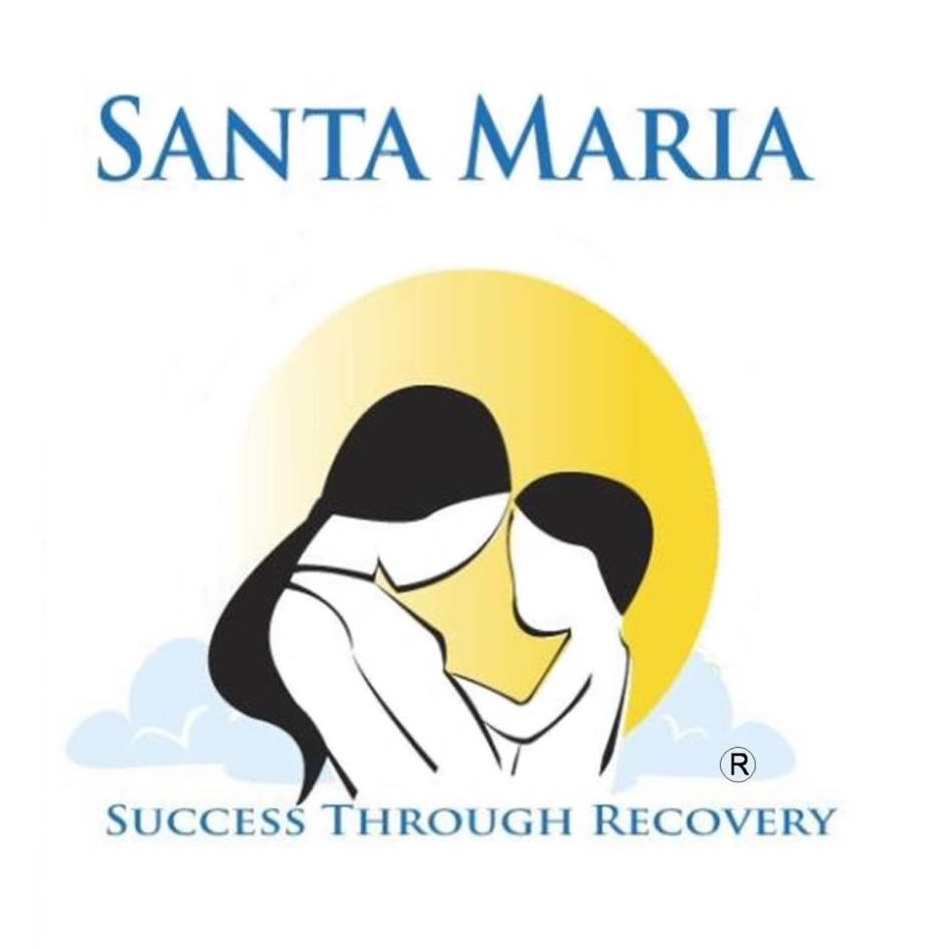 Houston
Houston
Santa Maria Hostel
$546,971
EHF’s grant will support Caring for Two, an early childhood development program that serves pregnant women at risk for substance use. The program works with women and their young children to ensure a healthy pregnancy, to teach and practice child brain development skills with mother and child, and to connect new mothers and their families to safe housing. Santa Maria Hostel has teamed up with organizations like health clinics and social service agencies to offer the program at 18 different locations across Greater Houston.
 Lufkin
Lufkin
Angelina Counties & Cities Health District
$338,150
EHF’s investment supports Healthy Beginnings, a home-visiting and referral program that focuses on positive brain development and provides much needed resources for first-time parents. The program is available to low-income families anytime during pregnancy or with a baby up to two months old, and works with the family until the child turns three years old. Healthy Beginnings is integrated with a pediatric clinic in Lufkin and plans to expand to surrounding communities.
First3Years will use EHF’s grant to be one of the first in the country to pilot a new, user-friendly screening tool to determine the status of emotional attachment between an infant or toddler and their primary caregiver. The tool offers trained providers insight into family strengths and struggles in laying the foundation for a healthy brain. First3Years will also use EHF’s investment to identify clinics, health agencies and other organizations that can implement the new tool in Houston, Waco and Austin.
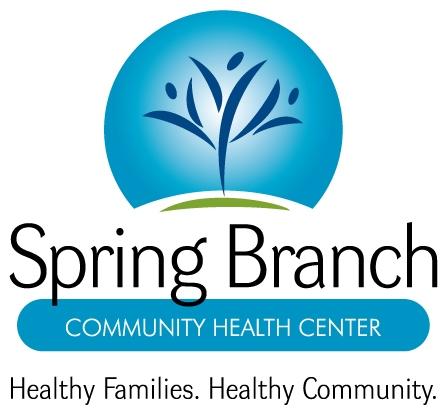
Houston
Spring Branch Community Health Center
$115,000
EHF’s grant will help Spring Branch Community Health Center introduce Centering Pregnancy and Centering Parenting programs into routine prenatal and pediatric care. The programs help create small, close-knit communities within the clinic by bringing together pregnant mothers and new parents with similar delivery dates to create a much needed connection among parents who otherwise may lack vital social support. The clinic’s previous work with maternal depression screening found that social isolation was the most common cause of situational depression among postpartum mothers.
 TexProtects – Texas Chapter of Prevent Child Abuse America
TexProtects – Texas Chapter of Prevent Child Abuse America
$100,000
TexProtects will use EHF’s investment to advocate support from state leaders for home-visiting programs like Family Connects and Nurse Family Partnership for families with children from infants to age three. TexProtects plans to form a coalition to create a unified vision for serving Texas families with children with important brain-building work.
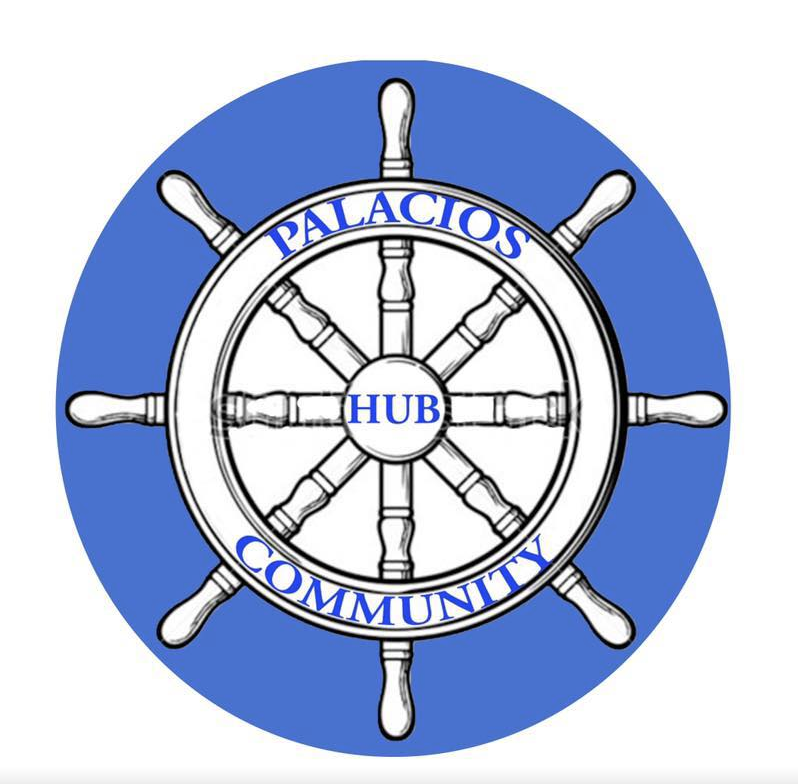
Palacios
Palacios Community Hub
$36,000
Palacios Community Hub is a resource center with a mission to improve the quality of life and strengthen the Palacios community. EHF’s grant will support the Hub’s Parents as Teachers program that focuses on home visits and parent education to promote early childhood development with parents and caregivers. Currently, the program serves single-mother families in the Matagorda County community.
 Houston
Houston
Rupani Foundation
$60,000
EHF’s grant will help expand the Rupani Foundation’s Informed Parents program focused on optimizing early child brain development in low-income families living in Southwest Houston. The program includes 20 two-hour classes and monthly home visits where messages from the group sessions are reinforced and parents are coached to practice brain-building techniques in their homes. The program also teaches English-language skills and provides parents with information about the healthcare system and other social services.
